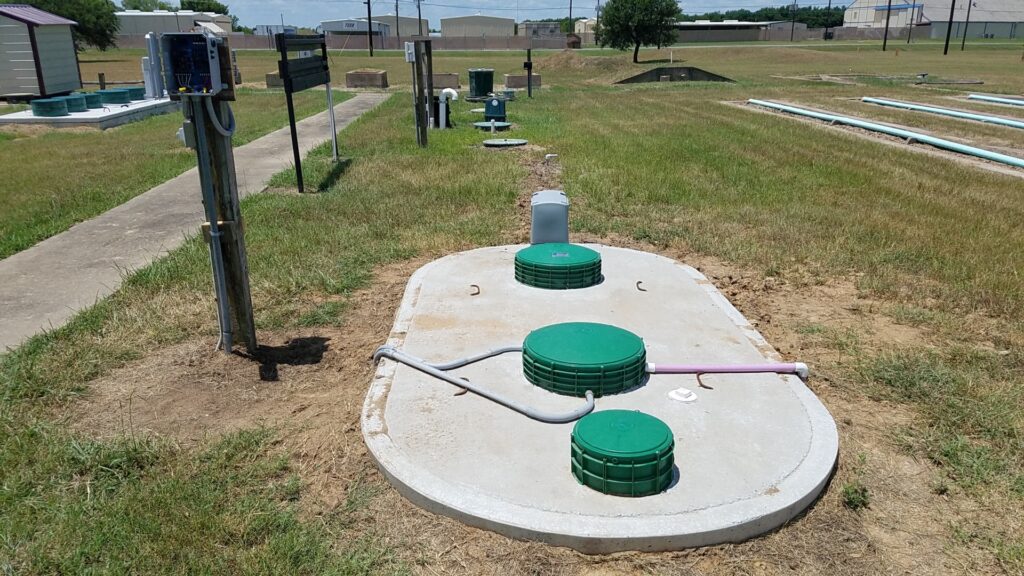Free homeowner certification course for aerobic septic system maintenance offered Jan. 25 in Seguin
Participants will learn how to properly maintain home aerobic septic systems
The Geronimo and Alligator Creeks Watershed Partnership, along with Texas A&M AgriLife Extension Service, will offer a free homeowner certification course for aerobic septic system maintenance on Jan. 25 in Seguin.

This program will be from 8:30 a.m.-4 p.m. at the AgriLife Extension office in Guadalupe County, 210 E. Live Oak St. Registration and a light breakfast will be available starting at 8:15 a.m.
Seating is limited and pre-registration is required at https://tx.ag/GeronimoCreekCertCourse (closed) or by calling 979-321-5921.
While a properly functioning septic system is often out of sight and out of mind, issues arise if the system is not properly maintained. Leaky or failed septic systems can be a source of contamination in yards and can also contribute to bacterial pollution in local water bodies.
Course topics
This course will cover how waste is treated in aerobic systems, health and safety considerations, and instruction on how to inspect and maintain these systems. Common questions about septic system function and maintenance will also be addressed, including when to pump a septic tank and what can be flushed.
Completion of this course will certify homeowners to maintain their own aerobic septic systems in Guadalupe County, but it is also a great opportunity for anyone who owns one of these systems to gain a better understanding of how they work, said event organizers.
The Geronimo and Alligator Creeks Watershed Partnership was established in 2012 by local stakeholders in response to an impairment due to elevated levels of E. coli in these creeks. The Watershed Protection Plan provides educational courses and outreach events to engage with individuals and organizations to encourage practices that protect and restore local water quality.
Funding for this effort is provided through a federal Clean Water Act nonpoint source grant administered by the Texas State Soil and Water Conservation Board from the U.S. Environmental Protection Agency.


